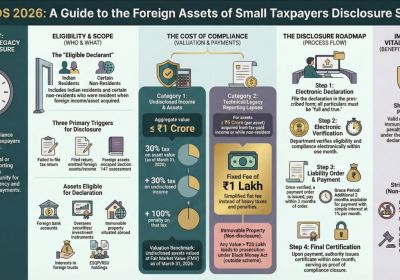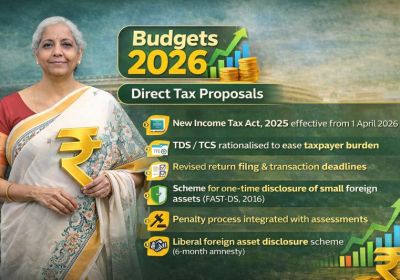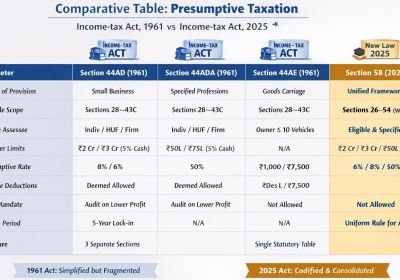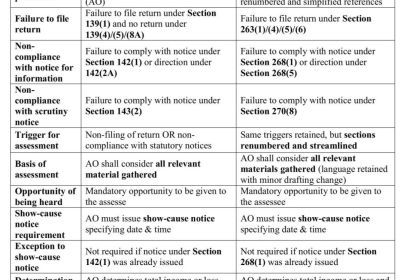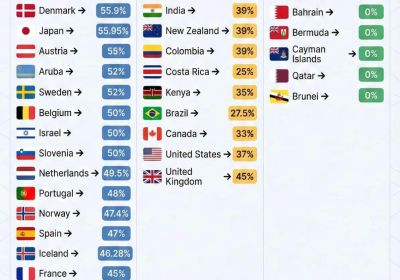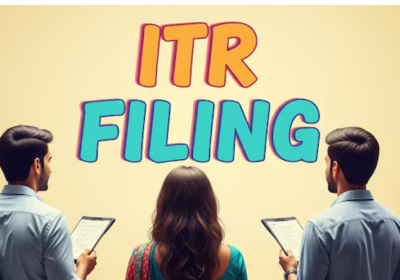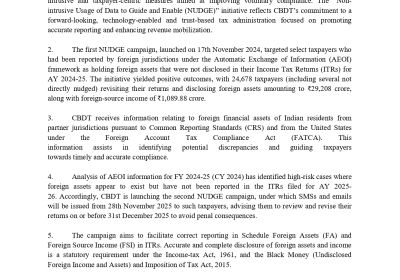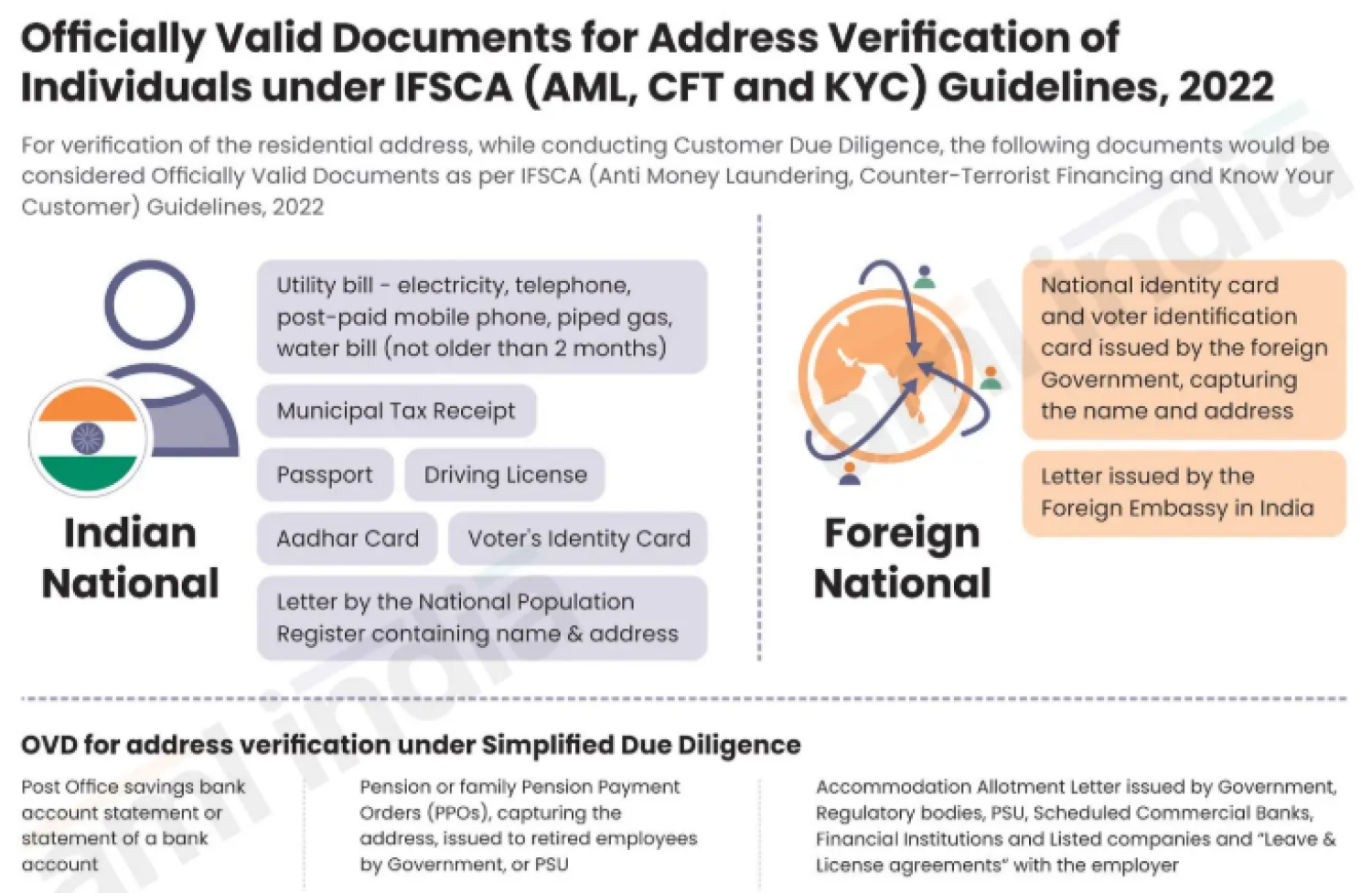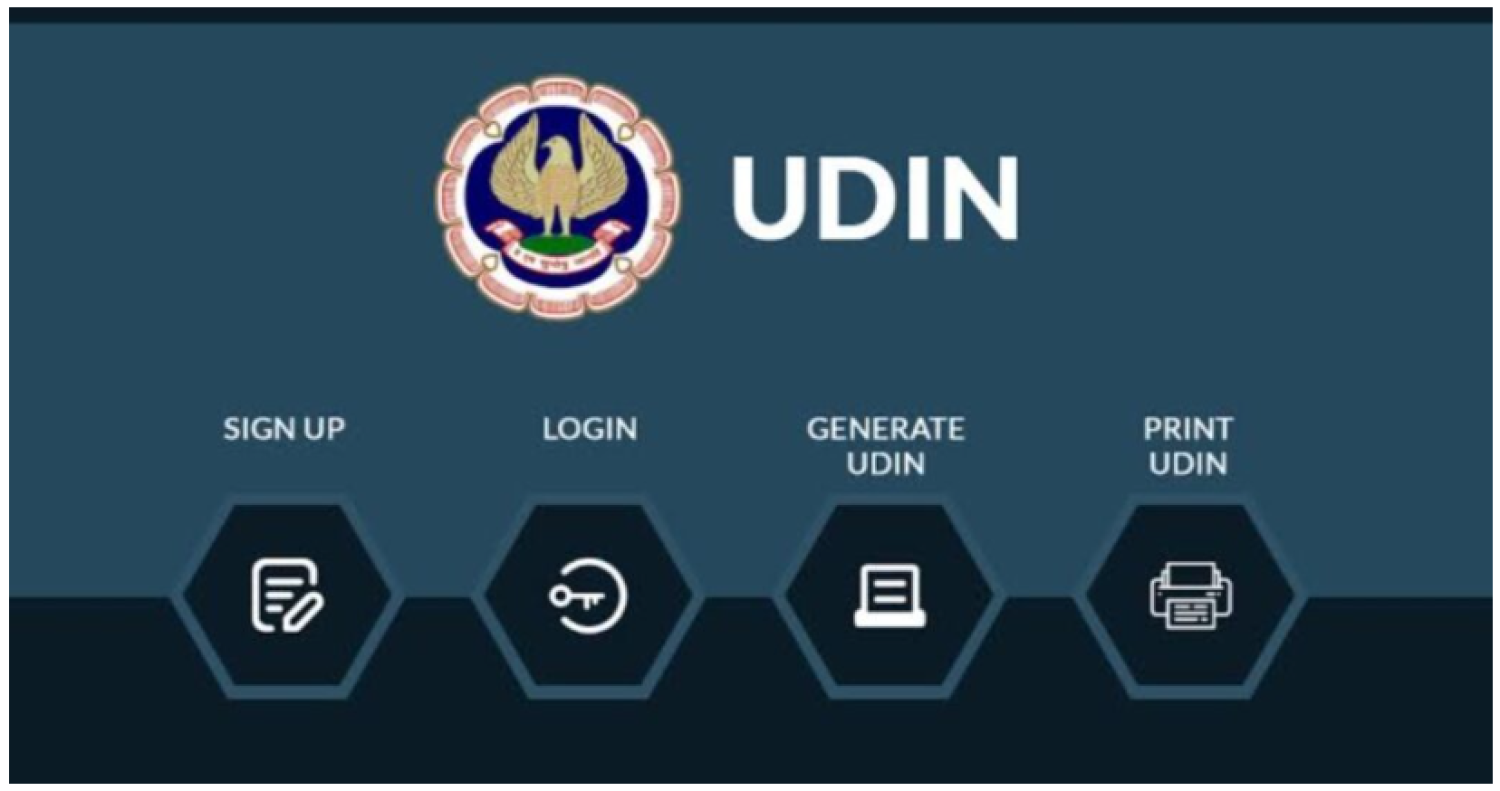Table of Contents
- What Happens If Taxpayer Falsely Claims Deductions U/s 80ggc & 80ggb
- Key Points To Note On Falsely Claimed Deductions U/s 80ggc & 80ggb
- How The Tax Department Is Handling Political Donations & Exemptions U/s 80ggc
- Key Issues With The Tax Department's Approach:
- What The Tax Department Should Have Done Instead:

What happens if Taxpayer falsely claims deductions u/s 80GGC & 80GGB
This move by the Income Tax Department is part of its intensified scrutiny of political donations claimed under Section 80GGC (for individuals) and Section 80GGB (for companies). If a taxpayer falsely claimed deductions under these sections, they are at risk of facing a 200% penalty under Section 270A for misreporting of income.
Key Points to Note on falsely claimed deductions u/s 80GGC & 80GGB
1.Genuine Donors Need Not Worry : If you genuinely donated to a registered political party and have proper payment proof (bank transfer, digital receipt, etc.), you are safe. Ensure you retain donation receipts and bank statements for verification.
2.False or Incorrect Claims? File ITR-U by March 31, 2025 : If you mistakenly claimed this deduction, you should file an updated ITR (ITR-U) before March 31, 2025, to avoid harsher penalties. ITR-U requires payment of 25% additional tax if filed within one year or 50% if filed between one and two years after the end of the relevant assessment year.
3.Income Tax Notices & Scrutiny : The IT department is actively verifying these deductions for AY 2022-23 and AY 2023-24. Some cases have already been taken up for scrutiny, and penalties have been levied.
4.Avoiding 200% Penalty (Section 270A) : If a taxpayer deliberately misreported income (such as claiming deductions without making actual donations), they can be penalized up to 200% of the tax evaded. Those caught during scrutiny but who failed to update ITR-U in time may face higher penalties and even legal proceedings.
5.What Taxpayer Should Do : This is a crucial time for taxpayers who made such claims—either ensure you have valid proof or rectify mistakes before it's too late, Taxpayer must Verify your claim – Check whether you genuinely made a donation. Retain proof – Ensure you have receipts, transaction proof, and donation details. Taxpayer must File ITR-U if needed – If you made an incorrect claim, file ITR-U before March 31, 2025, to rectify it and minimize penalties.
How the tax department is handling political donations & exemptions u/s 80GGC
Highlight a serious issue with how the tax department is handling political donations and exemptions under Section 80GGC. The sudden reclassification of these political parties and retroactive denial of deductions puts donors in an unfair position. Here’s a breakdown of why this move is problematic:
Key Issues with the Tax Department's Approach:
Delayed Action by the Department: The same department allowed these political parties to receive donations under 80GGC for years and let taxpayers claim deductions. Now, after 4-5 years, they are reversing their stance and disallowing deductions.
Election Commission's Role: These parties were registered and permitted by the Election Commission to accept donations. If there were irregularities, the EC and tax dept should have flagged them earlier, not years later.
Refunds Already Processed: Donors legitimately claimed these deductions in good faith, and refunds were approved by the tax department itself. If the donations were invalid, why was the refund given in the first place?
Unfair Burden on Donors: The donor is not responsible for auditing a political party's financials. It is not their job to verify how a donee utilizes the donation. The department should hold the party accountable, not penalize the donor years later.
Flawed Assumption on Online Donations: Disallowing online donations based on statements from party representatives without proper cross-verification is arbitrary. If intermediaries siphoned off the money, why is the taxpayer being penalized instead of investigating the actual culprits?
Department's Wrong Focus – Targeting Genuine Taxpayers: Minority taxpayers are being harassed for something previously allowed by law. Meanwhile, many who don’t even pay taxes enjoy benefits without scrutiny. Instead of preventing such issues at the source, the department retroactively blames taxpayers who acted in compliance at the time.
What the Tax Department Should Have Done Instead:
If the donations were questionable, they should have been flagged immediately, not years later. Refunds should not have been processed in the first place if these donations were invalid. The burden of compliance should be on the political party, not the donor. Investigate actual misuse by political parties or intermediaries rather than penalizing individual taxpayers.

